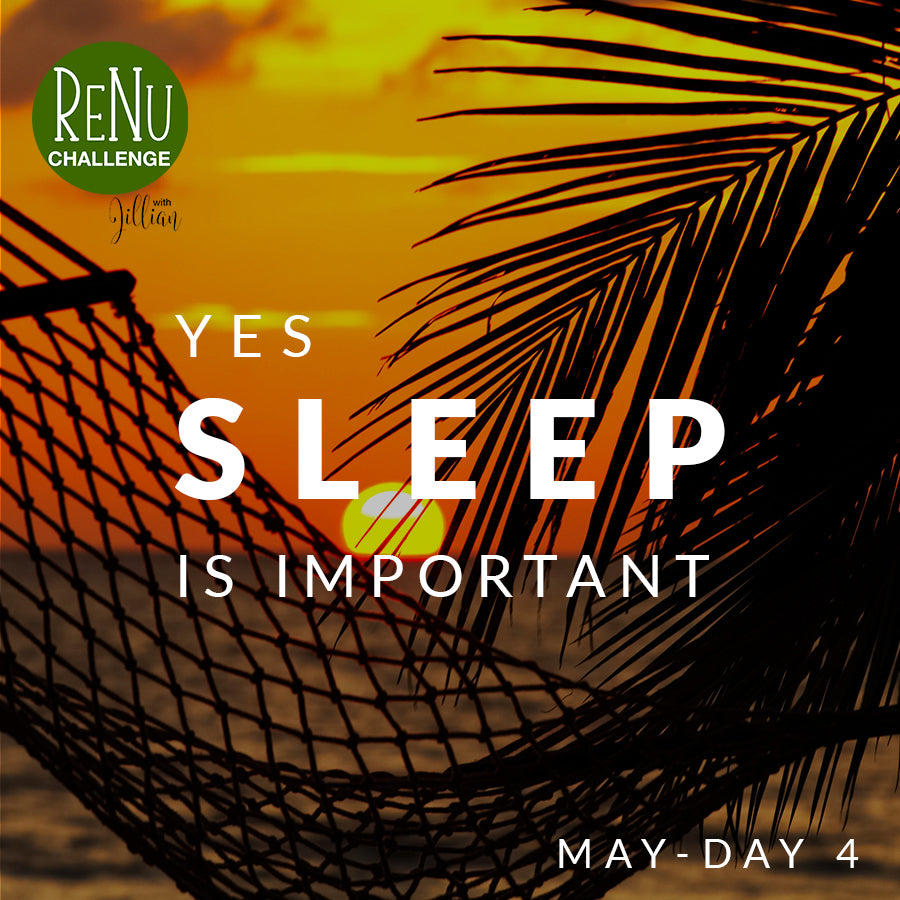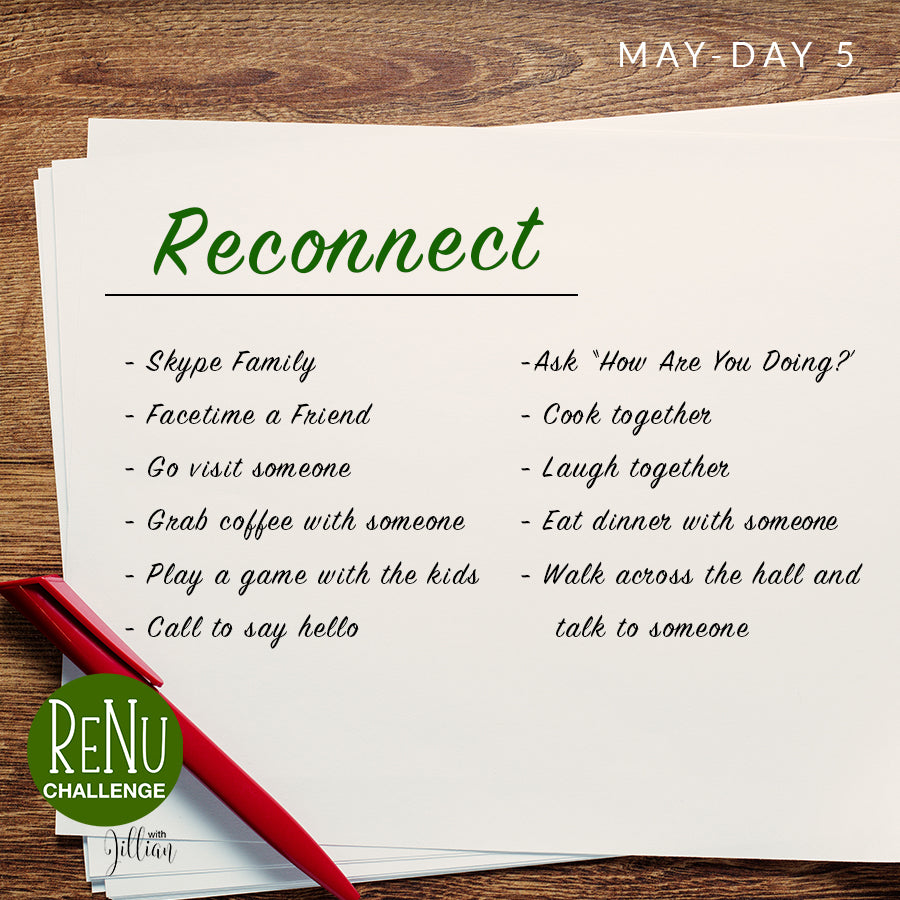I've heard this statement many times by ambitious people striving for "success". They're willing to make a lot of sacrifices to achieve a greater goal and they're willing to push themselves to any limit to accomplish their goals. "I'll sleep when I'm dead" and other like minded expressions or values are packed with several connotations:
- Sleep is optional.
- If sleep isn't optional, then it's very hard to resist, but the strongest of us can do it if motivated enough.
- Sleep doesn't have a purpose. It's a luxury that must be sacrificed to create more time in the day to work towards our goals.
- Those that like to sleep or cannot resist sleep are weak and not ambitious enough; therefore, not as deserving of success.
- By resisting sleep, one is doing all that they can to achieve their goals.
If you're someone that loves to sleep and needs a full night's rest, I can reassure you right now, sleep is making you stronger, more talented, more efficient, more emotionally and psychologically stable and healthier. It's a weapon for achieving success in life that is so pleasurable to obtain. So keep on doing it.
If you're someone that has been sacrificing sleep as part of your ambitious strategy toward success, I'd like to provide you with some relief from that burden and let you know that it's okay to sleep and better yet, you'll find that you can accomplish just as much and probably more if you get a good night's rest.
I will summarize why, but first, I'd like to say that a "good night's rest" is relative. We often hear about the standard 8 hours of sleep, but there is a lot of contradicting information out there. The bottom line, as long as you're sleeping enough so that you feel really great, then that can be 4 hours or 10 hours, just do what works for you.
As far as who is achieving more or who is more deserving of success or who is striving the hardest to succeed at their goals: I don't think this has anything to do with how many hours you stay awake working. I think it has to do with how efficient, focused, clear headed and prioritized you are with the time you have during the day. I don't remember who said it, but it's always been true for me, "work expands to fill the time", so if you plan on working 20 hours a day, you'll have the work to fill it. If you give yourself a focused, powerful 4 hours of work time, you can probably accomplish just as much.
So, internet...let's stop bragging about how little we sleep or how many hours a day we work. Let's stop shaming those that like a full night's rest or those that like to go to bed at 9p and wake up at 5a. Let's brag about how well we strive towards our goals in the shortest time possible. Who doesn't want career success in as short a work day as possible? Let's strive for that.
So what is so fascinating and essential about sleep? Let's address the above connotations:
- Sleep isn't optional. It's actually irrepressible and although you can delay it as long as possible, shortly after 2-3 days you will experience many disabilities to motor functions and other essential processes. You definitely aren't the sharpest tool in the shed when you're sleep deprived and that's not cool at all.
- Yes, sleep is hard to resist, but are you really "stronger" if you can resist it longer than I can? I guess in certain hostile environments that would be helpful to survival, but the peer pressure we get in our social networks from those bragging at how ambitious they are for sleeping so little, I wouldn't say it's an environmental advantage. In professional careers and in trades, your clarity, cleverness, intellect and physical safety are at risk when you're sleep deprived. So let the strongest survive in this environment. It will be those that get the right amount of sleep.
- Sleep has an incredible purpose! It's not a luxury, it's essential. I've included a link below to Radiolab's episode on sleep and it will blow your mind. Did you know that the human brain actually has a limited amount of real estate for the amount of information it can take in per day? Dr. Giulio Tononi is interviewed and he explains how this works. All day long our brains are creating new synaptic connections for everything we learn, voluntarily or not. It could be the person's latte order that was in front of you in line at Starbucks this morning or the document you were studying at work today for tomorrow's presentation. It all takes up some of that limited space. Depending on how hard you were concentrating or intentionally trying to learn something, the synaptic connections created for that piece of information will be softer or harder. So latte connection - soft, presentation prep - stronger. When you go to sleep tonight, waves of electric activity will wash over all those connections and soften them. The softest of the connections will wash away completely, leaving only the stronger connections remaining in the morning. All that mess and clutter in your brain by the end of today, will be consolidated, refined, and cleaned out by morning, so only the important connections will be left when you wake. If you were cramming for that presentation last night and just couldn't remember all your points, after "sleeping on it", you were more likely to wake up this morning and actually remember all your points than if you had stayed up later last night trying to get it right. Listen to the podcast.
- Those that don't resist sleep are smart and using what nature gave them to get a competitive edge over others that are voluntarily depriving themselves of sleep.
- I think that by knowing strategies that actually help you learn more, learn faster, perform better, think stronger, and be a positive contributor to society, you're making the more ambitious effort toward accomplishing your goals. And a good night's rest is at the top of that list.
Today's ReNu Challenge is one of two things:
- What can you shift around today to make sure you get a good night's rest?
- If you really can't get to bed at a decent hour, then at least listen to the Radiolab episode on Sleep to help motivate yourself to make the change.
In professional circles, sleep is under attack, so I used this challenge to help defend sleep and lovers of sleep from an intellectual point of view. The same immense benefits of sleep for your brain apply to all the organs of your body. So it goes without saying that consistently getting a good night's sleep is going to immensely benefit your health. And if you're on a NuSpecies' program, getting a consistent good night's rest is going to help make the most of the nutritional and cleansing benefits of NuSpecies' formulas.
Please comment below and let me know: What is your biggest obstacle to getting a good night's rest? Are you one of those people that thinks depriving yourself of sleep is a valiant display of your dedication to your work? How do you feel about trying the opposite strategy to see if you can get better results?
Want to get daily text reminders during our ReNu Challenges? Sign Up
Want to join the ReNu Challenge Email List? Join Here
What is the ReNu Challenge?
Many of us spend years of our lives living with an all-or-nothing mentality, especially when it comes to taking care of our health and our bodies. We’re either eating the “perfect” diet, following our NuSpecies programs, and exercising every day OR we act destructively, eating anything that is in front of us, not taking our NuSpecies, and not exercising, all while feeling guilty, ashamed, unhappy and unfulfilled.
NuSpecies ReNu Challenge is a monthly reminder from Jillian, NuSpecies Co-Founder, that everyday is a new opportunity to make a better choice for your health.
Every meal is a new opportunity. Every interaction today is a new opportunity. Just because you ate a bacon, egg and cheese for breakfast, doesn’t mean you can’t have a salad for lunch. Just because someone else isn’t being a decent human, doesn’t mean you should go down to their level. Life isn’t black and white and living on the all-or-nothing roller coaster isn’t sustainable.
Each day during the week of NuSpecies’ ReNu Challenge, Jillian will challenge you to take one simple action that protects your health.


